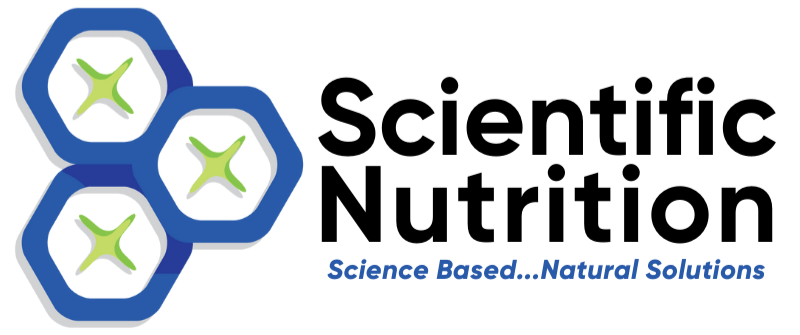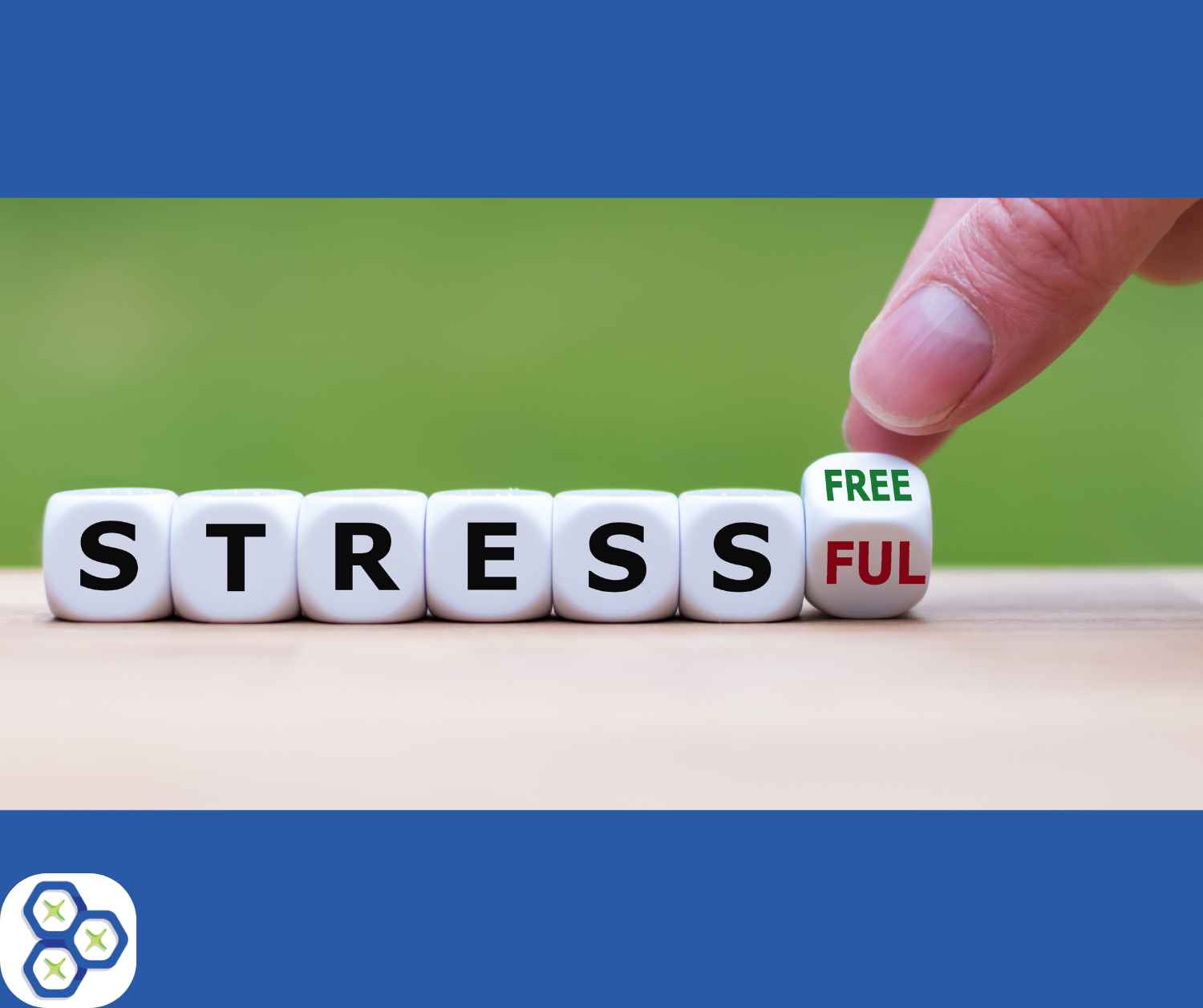Workplace Stress Impacts Your Personal Life
You bring workplace stress and anxiety home. It affects your family and personal life. Just know, you are not alone. According to OSHA (Occupational Safety and Health Administration), more than 80% of US workers experience workplace stress, and 50% believe that it impacts their personal lives.
Do you know what’s worse? Working in a corporate sector full of added pressures and feeling like you are just filling a position.
It may be a reality that you can’t escape from, but you can’t let excessive workload stress ruin your personal life. It is high time to take action and regain control of your life. In this blog, I will share five tried-and-tested methods for reducing workplace stress and anxiety so you can be more productive, happy, and healthy.
The 5 ways that reduce workplace stress and anxiety
I will not repeat or tell you what you already know in detail and can read online everywhere.
You know yoga, physical exercises, deep breaths, walking, better sleep, time management, and relaxation techniques work, but some of these methods are difficult to follow when you’re stressed. For instance, you can’t sleep if you are anxious, and that’s why workplace stress also causes insomnia.
So, what’s the solution?
In my workplace wellness coaching session, I advise and teach my clients the following 5 ways:
1. Start doing at least 1 fun activity a day
No matter how rigid, rude, work-oriented, and goal-cracking a person you’ve become, there’s something other than work you enjoy.
It can be playing with your kids like a kid. It can be watering your favorite flowers in your home garden. Maybe you enjoy cuddling and petting your pets, or maybe you love playing chess, golf, or cards (don’t think about video games online).
All you need to do is find one activity that enables you to forget your work. You don’t need hours to do that; you can only spend a few minutes with it, which will be enough. The goal here is to distract your mind for a moment. If you keep thinking about something, it becomes complicated, and you get overwhelmed. But when you divert your mind to something you love, the overwhelming thoughts vanish.
Try it and see the magic yourself!
2. Specify work hours
Many professionals struggle to disconnect from work, even when their official hours are over. This continuous engagement with work-related activities, even during personal time, can lead to chronic stress and burnout. The key to maintaining a healthy work-life balance is to set clear boundaries.
To begin, establish and adhere to specific work hours. For instance, if your workday is from 9 to 5, commit to ending all work activities at 5 PM sharp. This means no checking emails, no working on reports, and no discussing upcoming projects with colleagues after hours. When you’re home, you should be fully present with your family or engaged in your personal interests. Work can wait, or you can delegate.
This practice reduces stress and enhances productivity during work hours. Knowing you have a finite amount of time to complete tasks can make you more efficient. If your job demands you to be on call or available beyond your set hours, it might be time to reconsider your position or negotiate better terms with your employer.
3. Deal with stressors using these 4 A’s
Here are four actionable steps, often referred to as the 4 A’s, to help you handle stress more efficiently:
- Avoid: Identify unnecessary stressors in your life and take steps to eliminate them. This might mean saying “no” to additional responsibilities or avoiding people or situations that cause undue stress. Seriously, make a list to form a strategy.
- Alter: If you can’t avoid a stressor, try to alter it. Communicate your concerns openly and respectfully, and be willing to compromise. This can help change the dynamics of a stressful situation, making it more manageable.
- Adapt: When you can’t change the situation, adapt to it. Reframe your mindset and look at the stressor from a different perspective. This can involve adjusting your standards, focusing on the positive aspects, and developing a more flexible attitude.
- Accept: Some stressors are unavoidable. In these cases, acceptance is key. Sometimes it is our cue to leave and shift. Try to learn to accept things you can’t change, seek support from friends or professionals, and practice forgiveness to move forward without harboring resentment. If something is not acceptable, start a job search or find an alternative to the challenge.
AVOID Excessive coffee intake and eat fruits
Many people rely on coffee to get through their workday, but too much can increase anxiety and stress. Caffeine stimulates the nervous system, leading to heightened stress levels and difficulty sleeping.
Try eating fruits instead of reaching for another cup of coffee. Fruits are rich in vitamins, minerals, and antioxidants, which help combat stress naturally. For example, oranges are high in vitamin C, which can lower stress hormones. Bananas contain potassium and B vitamins, which can help regulate mood and energy levels.
Keep a bowl of fresh fruit on your desk or in your workspace. Snack on an apple or a handful of berries and a glass of quality water instead of grabbing another cup of coffee. Not only will you reduce your caffeine intake, but you’ll also boost your overall health and well-being.
This simple switch can lead to a calmer, more balanced day at work.
Stop worrying about what’s not in your control
There are two types of people: those who live in the “Circle of Concern” and those in the “Circle of Influence”.
Circle of Concern: These people worry about things they can’t change, like global events or other people’s opinions. This leads to stress and a feeling of powerlessness.
Circle of Influence: These people focus on what they can control, like their own actions and attitudes. They work on things that directly impact their lives.
To reduce stress, be in your Circle of Influence. Focus on tasks you can manage and actions you can take. When you worry about things outside your control, remember to shift your focus back to what you can influence.
For example, concentrate on improving your work performance instead of stressing about a company’s decision. Shifting your mindset to a more positive position and practicing gratitude can send you in a better direction in life.
Hair Analysis can help now be the time to say goodbye to stress
No bad thing in the world will get better due to you taking on stress or getting worried. Everything happens at its specified time and we may have no control over it. Research shows that 90% of the time (or more), we take stress for the things that do not exist in our lives.
Only you can control your stress and help yourself. You are your best advocate and have the highest stake in your health. By using Hair Mineral Analysis, you can see if your calming minerals are low or if you have heavy metal toxicity, pushing stress to feel out of control.
If you would like to discuss your stress issues in a one-on-one meeting, LET’S CHAT!
Further studies and readings
https://doi.org/10.1080/00050060310001707107
https://www.forbes.com/health/mind/stress-statistics/
https://onlinelibrary.wiley.com/doi/full/10.1111/ajag.13252
Copyright Scientific Nutrition, LLC 2024




